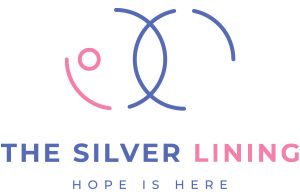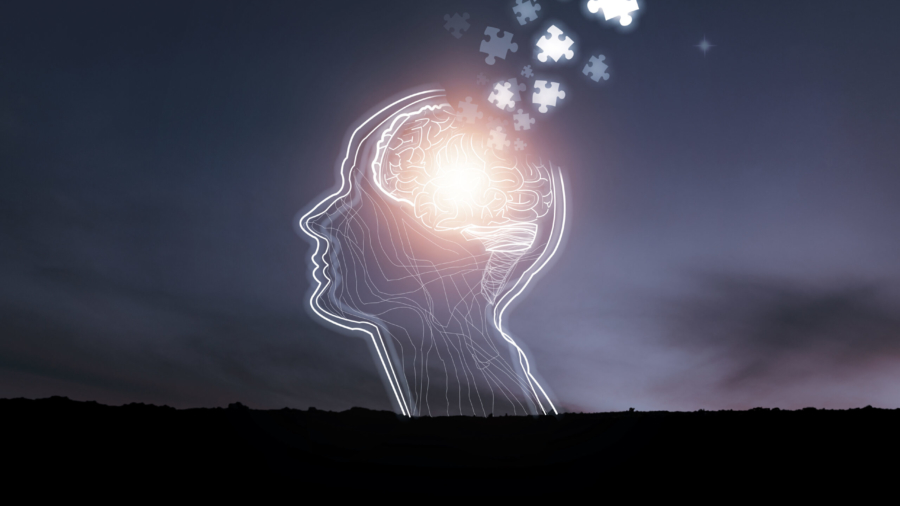I would have become a millionaire by now had I received a penny every time someone asked me the question, “Tell me what I am thinking?” the moment they found that I am a student of Psychology. Being a student of Psychology or a psychologist, by profession, does not mean that I am studying every person that walks past and it definitely does not elevate me to the level of being a mind-reader. I cannot tell what you are like simply by looking at you, I promise!
Psychology is the scientific study of the mind and human behaviour and how people interact in society but no psychologist will ever claim that they can read minds. There are many people who do not know the difference between a psychiatrist and a psychologist, and many who believe that psychologists are just people who ask you to lie down on their sofa and talk about feelings. Yet again, this is not what we do.
People also think that research in Psychology is all about strapping people and animals up to machines and testing them with electrical signals and examinations, whereas in reality a lot of experiments use observational techniques, interviews and it is a rare few that take the approach of a laboratory experiment with machines and testing.
Psychology, undoubtedly, is an interesting field with many fascinating theories and concepts. However, many of these theories and pieces of research that have been conducted are over-emphasized or over-simplified to such an extent that they end up as myths. But, what is fiction and what is fact? Let’s explore!
Dreams are full of symbolic meaning.
People have pondered over the meaning of dreams for centuries. Ancient Romans and Greeks believed that dreams have prophetic powers. However, according to the “activation-synthesis hypothesis”, a prominent neurobiological theory of dreaming, dreams don’t actually mean anything: they are merely electrical brain impulses that pull random thoughts and imagery from our memories. According to the theory, human beings construct dream stories after they wake up, in a natural attempt to make sense of it all. Evolutionary psychologists theorize that dreaming really does serve a purpose. In particular, the “threat simulation theory” suggests that dreaming should be seen as an ancient biological defence mechanism that provided an evolutionary advantage because of its capacity to repeatedly simulate potential threatening events – enhancing the neuro-cognitive mechanisms required for efficient threat perception and avoidance.
Hypnosis can reveal accurate and truthful memories.
While there is some research that claims hypnosis can mine precious nuggets of long-buried information (Scheflin et. al., 1997), in general, expert opinion has turned to the point that hypnosis either has no effect on memory (Erdelyi, 1994) or that it can impair and distort recall (Lynn et. al., 2000). Controlled research evidence suggests that hypnosis may be useful in treating pain, medical conditions and habit disorders (such as smoking addiction), and as an adjunct to cognitive-behaviour therapy, it is useful for anxiety, obesity and other conditions (Lynn et. al.,2001). To conclude, while hypnosis can foster false memories in some people, it does have several benefits such as relaxation.
Lie detectors can be used to tell if someone is lying.
Polygraph tests, or lie detectors as they are popularly known, measure physiological activity, such as blood pressure, which may indicate when someone is lying, however, they are difficult to interpret. In India and many courts in the United States of America do not accept results of a polygraphic examination as evidence in court.
People are either left-brained or right-brained.
While there is good evidence out there to suggest that the two sides of the brain, called hemispheres, differ in their functions (Springer & Deutsch, 1997), and Roger Sperry who won the Nobel Prize in 1981 for his remarkable research on split-brain patients has inspired several other researchers to use his techniques to confirm that the left and right hemispheres are relatively better at different mental activities, it is important to note that the keyword here is “relatively”. The two hemispheres differ in how they process the tasks rather than what they process (McCrone, 1999) and ordinary people cannot be classified into left-brained or right-brained for the two hemispheres share information extensively. Brain imaging research shows that the two hemispheres routinely communicate during most tasks (Mercer, 2010). After a split-brain operation which happens in extremely rare cases, the coordination becomes difficult and the separated systems limp along as best as they can. The urge on the part of pop psychologists to assign all mental abilities to unique left and right compartments probably owes more to politics, social values and commercial interests than science.
What are some other misconceptions about psychology that you are familiar with?
P.S. If you are interested in Psychology, it is a fascinating subject with tremendous scope, and well worth taking the time to study. But please make sure you know what you are getting into, and do your research before you sign up so you know what to expect (this is true for any subjet!). Just please do not turn up for your first lecture hoping to learn about body language, mind-reading and laboratory experiments involving the administration of shocks. Please don’t! Instead, just prepare yourself for theory, statistics and observations…
…And, of course, being a Psychology graduate, I can’t help but reference my sources, so if you’d like to know where this wealth of information came from, check out the citations below!
References:
Erdelyi, M. (1994). Hypnotic hypermnesia: The empty set of hypermnesia. Inter national Journal of Clinical and Experimental Hypnosis, 42, 379–390
Lynn, S.J., Kirsch, I., Barabasz, A., Cardena E., & Patterson D (2000). Hypnosis as an empirically suported adjunctive technique: The state of the evidence. International Journal of Clinical and Experimental Hypnosis, 48, 343–361.
Lynn, S. J., Neuschatz, J., Fite, R., & Rhue, J. R. (2001). Hypnosis and memory: Implications for the courtroom and psychotherapy. In M. Eisen & G. Goodman (Eds.), Memory, suggestion, and the forensic interview. New York:
Guilford Press. Lynn, S. J., & Rhue, J. W. (Eds.). (1994). Dissociation: Clinical and theoretical perspectives. New York: Gilford Press.
McCrone, J. (1999). “Right brain” or “left brain”—Myth or reality? New Scientist, 2193, 3 July.
Mercer, J. (2010). Child development: Myths and misunderstandings. New York: Sage.
Scheflin, A. W., Brown, D., & Hammond, D. C. (1997). Memory, therapy, and law. Des Plaines, IL: American Society of Clinical Hypnosis.
Springer, S. P., & Deutsch, G. (1997). Left brain, right brain (5th ed.). New York: W. H. Freeman & Co.

